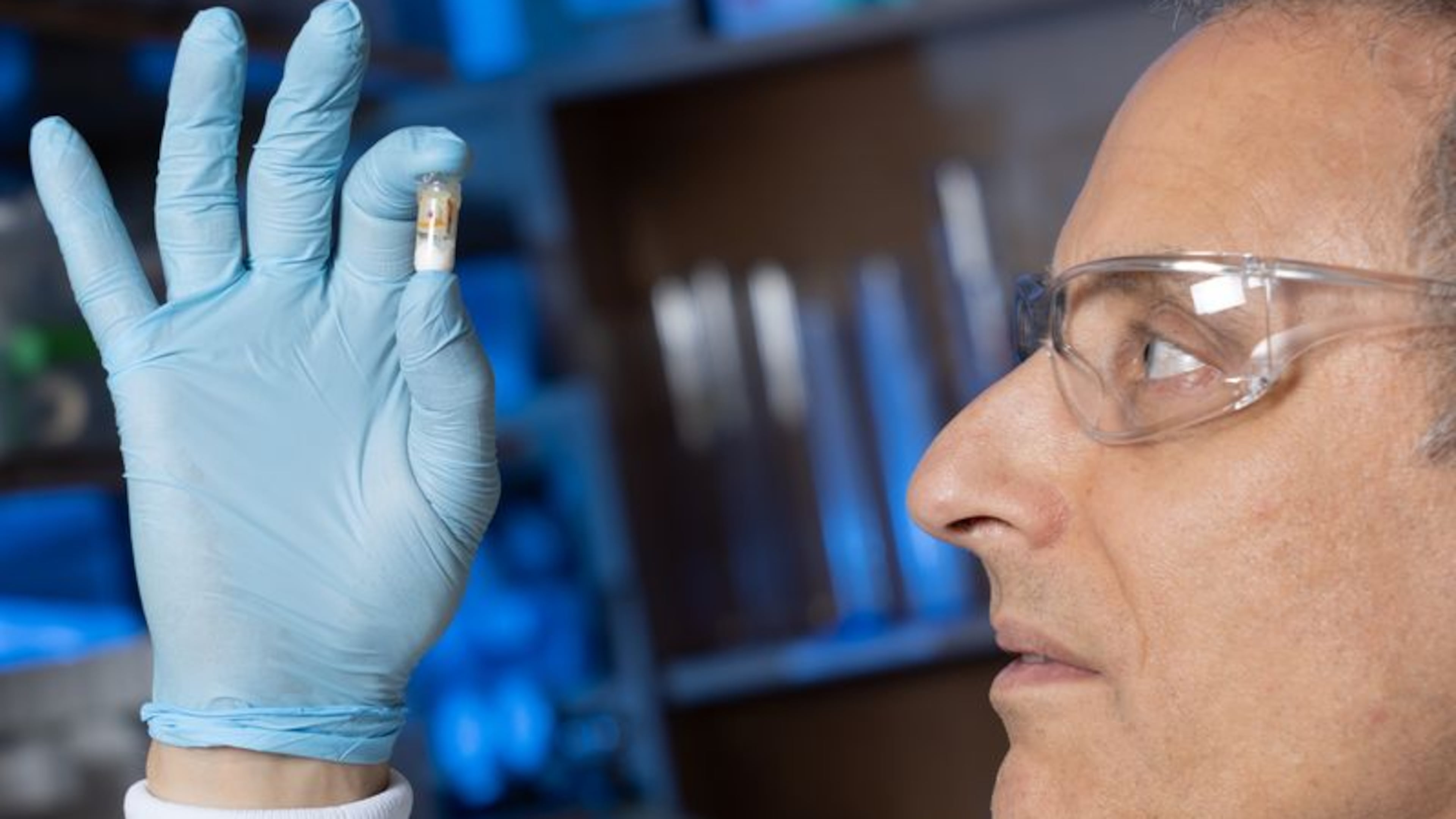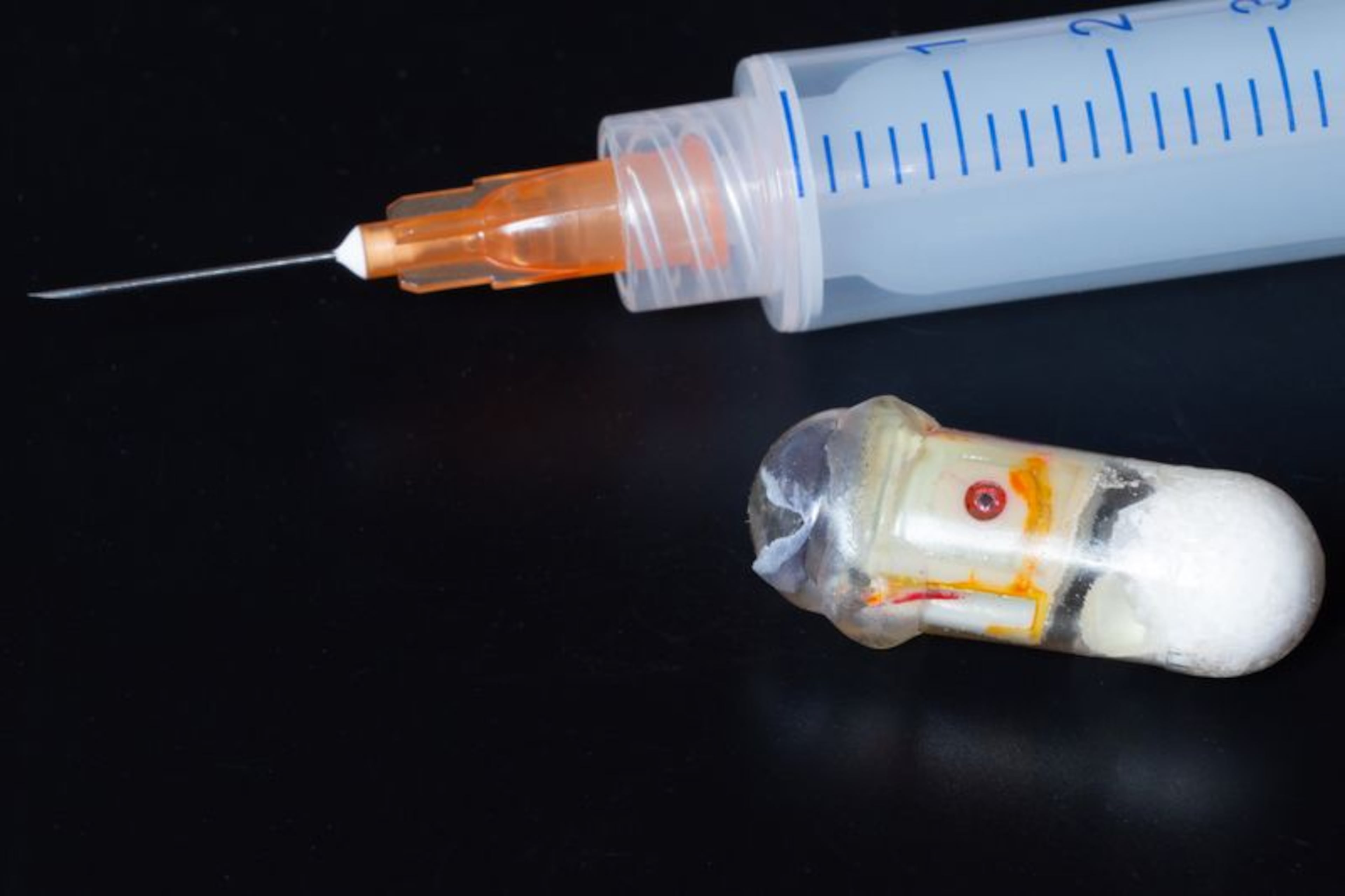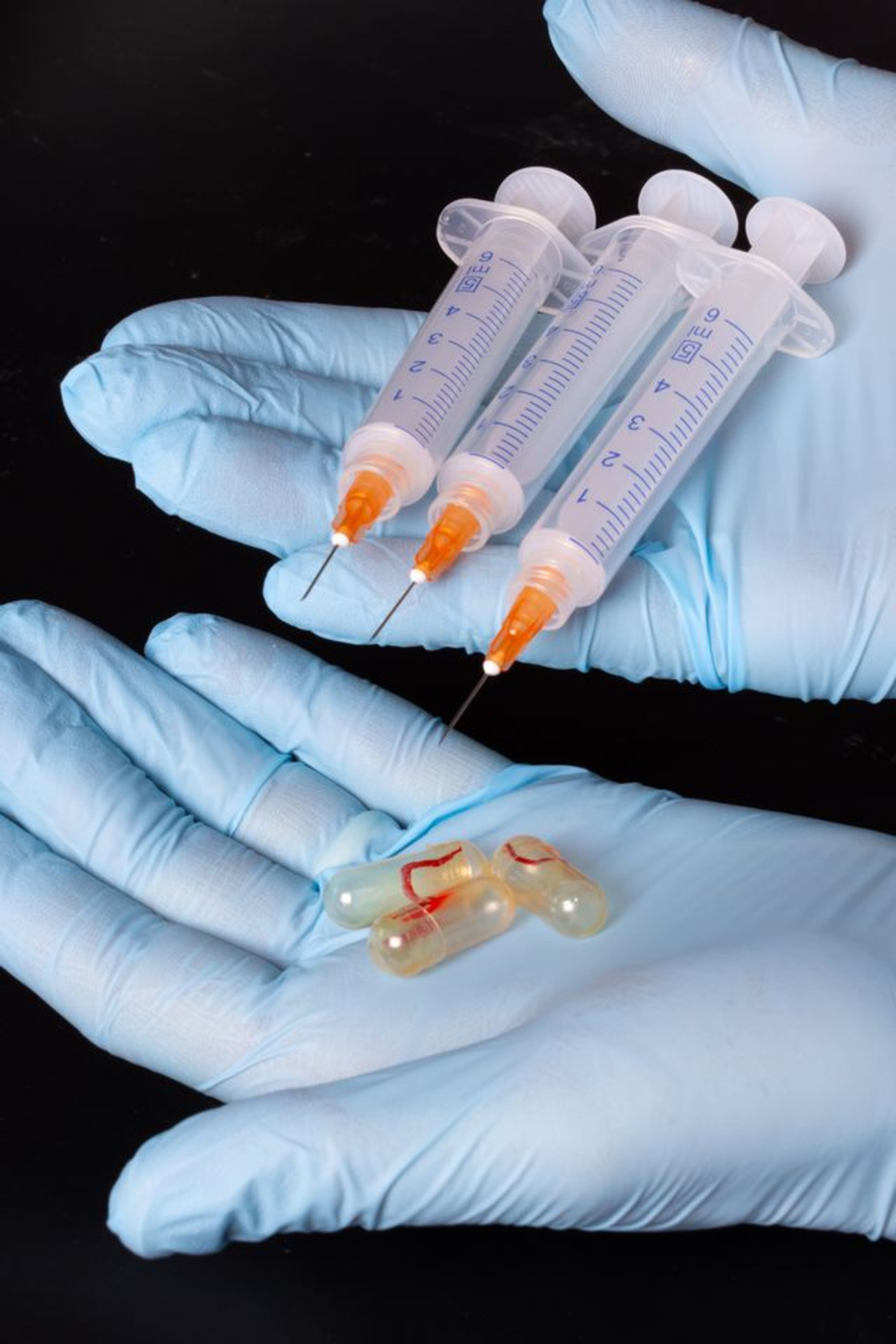Georgia Tech unveils needle-free alternative to injectable medications

Certain medications, like insulin or semaglutide, require injections for use — which can be invasive, expensive and less accessible. In some cases, these barriers can leave patients to rely on subpar alternatives for chronic illnesses.
Engineers at Georgia Tech are trying to face this problem head-on with an oral capsule aimed to create an alternative to needles — replacing painful injections.
“Physicians will often be hesitant to move patients to those more effective injectable therapies because they don’t have confidence that the patients could be able to do it well and it’s too complicated, and so they stay on the oral medications because they know the patient could do that,” Dr. Mark Prausnitz, a professor in Chemical and Biomolecular Engineering at Georgia Tech, told The Atlanta Journal-Constitution.
Once the small capsule is swallowed, a bubbling reaction between water and baking soda launches drug particles through the intestinal wall. The “explosion” puts the drug next to epithelial cells — a protective barrier throughout the body — that can transfer it to the bloodstream.

According to Prausnitz, the jet injection method of delivering vaccines was “inspirational” to them, which was developed in the mid-20th century as a way to vaccinate soldiers heading to World War II.
“We started thinking about the various kinds of physical technologies that are used on the skin and thinking about, well, ‘could any of those be used in the intestine to get the drug to be delivered?’” he said.
Accessibility was also important to Prausnitz and his team. To help keep costs low, the capsule is made of gelatin similar to those used in existing pharmaceutical manufacturing processes but has been strengthened using ultraviolet light.
“We spent a lot of time on the engineering of the capsule,” he said. “On the one hand, we wanted to make it work. But on the other hand, we wanted to design a system that we felt would be robust, would be simple, and would be low cost.”

Many people would benefit from an injective medication but are not on them because it’s too complicated, Prausnitz explained. Self-injection can be particularly challenging for children and older adults who may prefer to take medications orally — but some medication taken by mouth are often not absorbed well.
“For example, there are many people with Type 2 diabetes who are on oral medications, who would actually benefit from being on an injectable medication, whether it is insulin or also the GLP-1 drugs,” Prausnitz said.
The fast-acting capsule is designed to increase the drugs absorption and increase effectiveness in the body.
The team has begun testing the capsule on animal models, but hopes to progress to human studies, saying that “definitely the goal is to take all the way” to use in a real medical setting.
“It’s a complicated balancing act to introduce technology into this health care setting,” Prausnitz explained. “That’s why we spent so much time really working on the design of the capsule, so that it is something that could plug into health care systems in a straightforward way and not just be a nice paper with some nice pictures that will get the scientists excited.”


